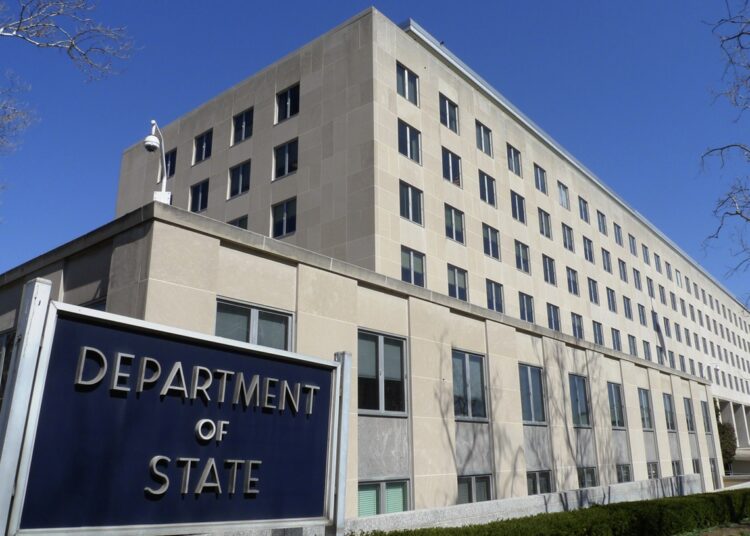The Trump Administration announced today that Cuba has been re-included on the list of countries that “do not fully cooperate with anti-terrorism efforts” (NFCC), imposing new sanctions on the island.
“This certification entails a prohibition on the sale or licensing of defense articles and services to Cuba,” State Department spokesperson Tammy Bruce stated in a release.
In addition to Cuba, the list includes North Korea, Iran, Syria, and Venezuela.
With this decision, the Trump administration reverses the stance taken by its predecessor, Joe Biden (2021–2025), who had removed Cuba from the NFCC last May after resuming police cooperation with Havana on counterterrorism matters.
The State Department justified Tuesday’s measure by stating that “in 2024, the Cuban regime did not fully cooperate with the United States in the fight against terrorism” by harboring “at least 11 American fugitives from justice.”
“The Cuban regime made it clear that it was unwilling to negotiate their return to face justice in our country,” Bruce added.
Beyond the NFCC list, the U.S. also maintains Cuba on its list of State Sponsors of Terrorism.
Just days before leaving office, Biden removed the island from this category —which also carries severe sanctions— but Trump reinstated it upon returning to the White House.
A group of UN experts said last February that the decision to return Cuba to the list of State Sponsors of Terrorism is illegal and a setback for Cubans’ human rights, with a particularly harsh impact on the most vulnerable groups.
Parliamentarians from 73 countries ask U.S. to remove Cuba from state sponsors of terrorism list
The human rights experts stated that Cuba’s designation as a State Sponsor of Terrorism in 2021 worsened the island’s isolation and created widespread fear of engaging with the country, especially in economic matters.
They also argued that the U.S. sanctions have undermined efforts within Cuba to overcome the cumulative impact of the embargo, the COVID-19 pandemic, and natural disasters in recent years.
The day after being returned to the list, the Cuban government denounced Trump’s decision as a “mockery” and an act of “arrogance.”
Cuban President Miguel Díaz-Canel called it “an act of arrogance and contempt for the truth,” arguing that the “objective” behind this move is to intensify “the cruel economic war against Cuba for the sake of domination.”
EFE / OnCuba










